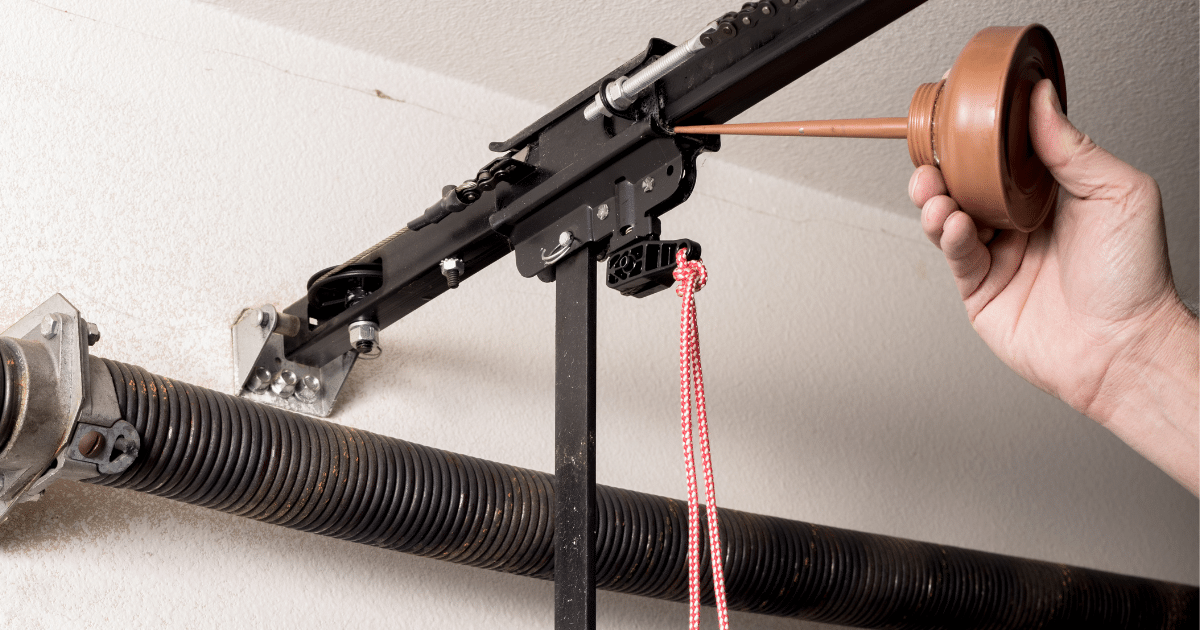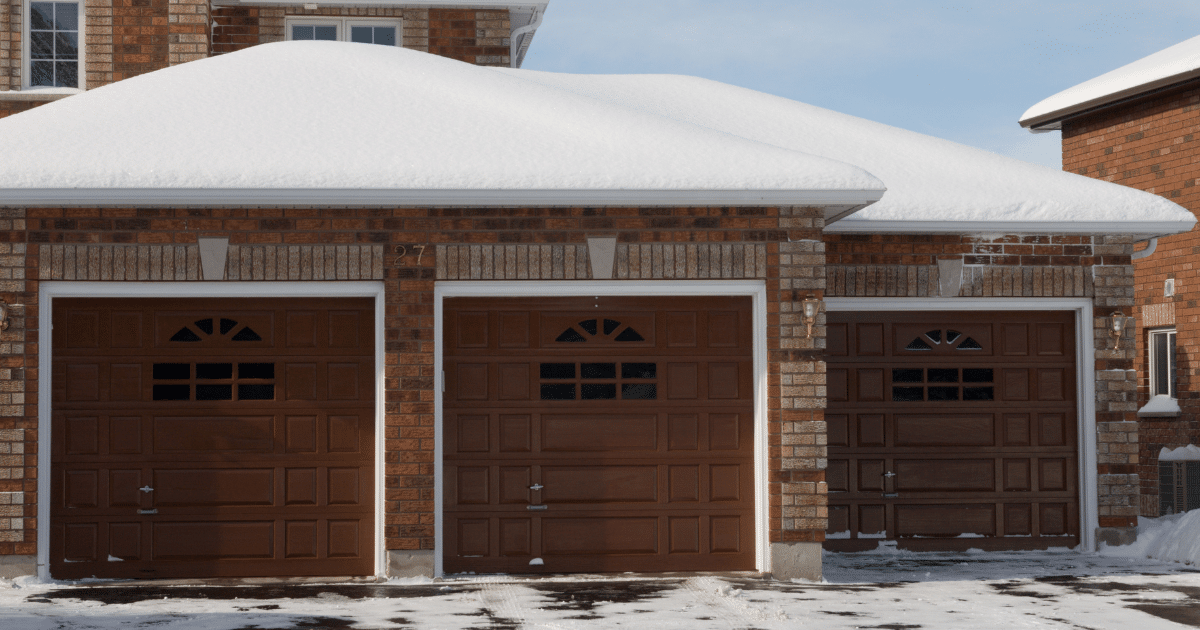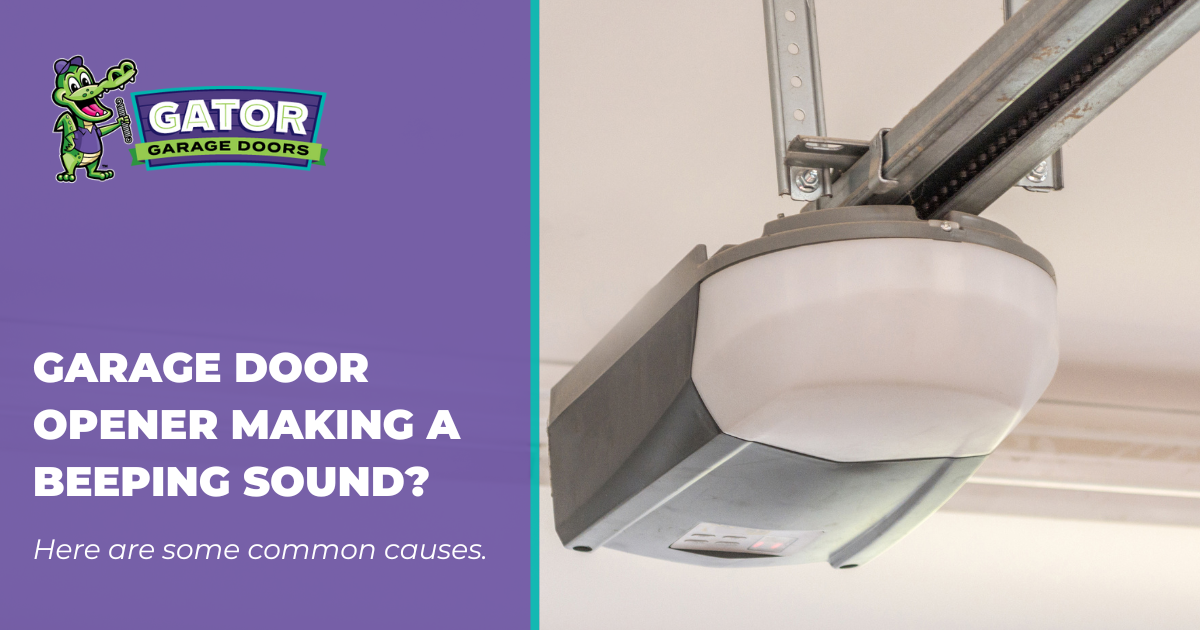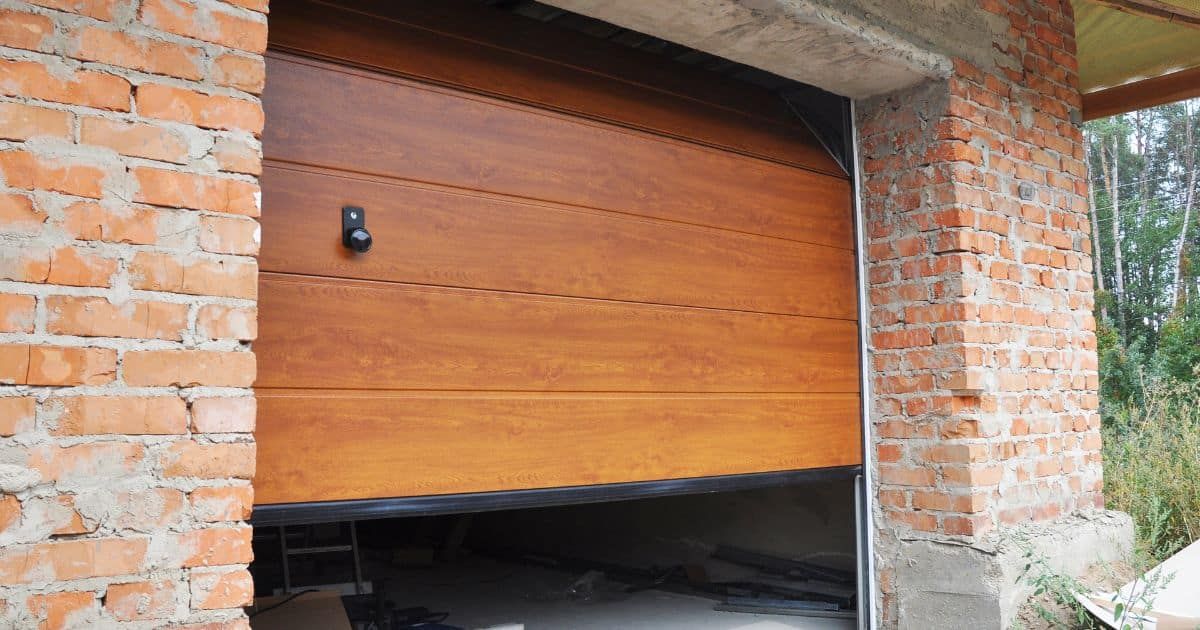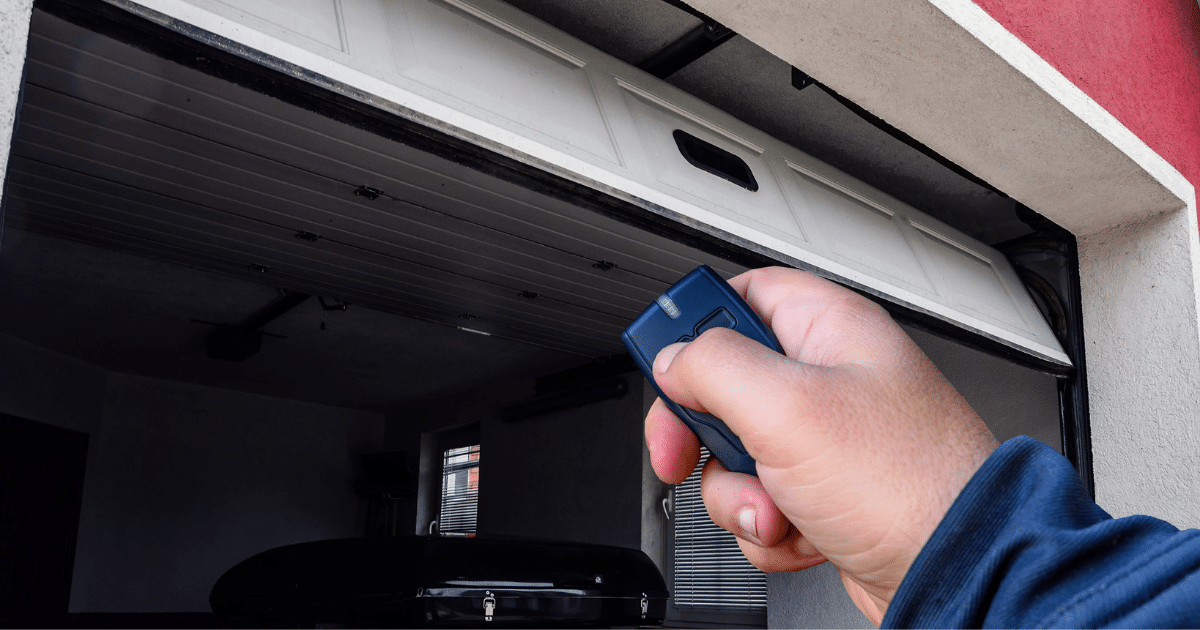My Garage Door Makes Loud Noises When Opening or Closing. Is That Normal?
A noisy garage door can be more than just an annoyance—it can be a sign of a bigger issue. If your garage door makes banging, grinding, or squeaking sounds, it’s a sign something is wrong. Ignoring strange garage door noises could lead to bigger problems, risking your safety and convenience.
In some cases, persistent noises could indicate a garage door malfunction that requires immediate attention. In this guide, Gator Garage Doors will explain what causes these noises, and how to fix them.
What Causes Noisy Garage Door Sounds?
A garage door should operate smoothly with minimal noise. Unusual sounds often indicate wear or mechanical issues. Here are some common reasons your garage door is noisy:
- Loose or worn rollers: Over time, garage door rollers wear out, which causes squeaking or grinding noises.
- Lack of lubrication: When rollers, hinges, and springs become dry, they create friction, leading to loud squeaking or screeching.
- Loose hardware: Nuts, bolts, and brackets can loosen, making the door rattle or vibrate.
- Worn-out springs: If a garage door spring breaks, it can cause a loud banging noise.
- Misaligned tracks: When the garage door does not stay on its track, it may produce scraping or rubbing sounds.
- Garage door opener issues: A malfunctioning motor can create humming, buzzing, or grinding noises.
Garage Door Noise Troubleshooting
To fix garage door noises, you need to locate the source of the sound. Here’s how to troubleshoot and solve common problems:
- Tighten loose hardware: Use a wrench to check and tighten all nuts and bolts to prevent rattling or vibrations.
- Lubricate moving parts: Apply a silicone-based garage door lubricant to rollers, hinges, and springs to reduce friction and noise.
- Inspect and replace rollers: If the rollers appear worn, hire a technician to have them replaced with nylon rollers for quieter and smoother operation.
- Check the tracks: Make sure the tracks are clean, properly aligned, and free of debris to ensure smooth door movement.
- Examine the springs: If you notice signs of wear on the springs or hear a loud bang, contact a professional for a garage door repair.
- Check the garage door opener: If the motor produces grinding sounds, it may require a repair or replacement.
Some garage door maintenance tasks, like lubrication and tightening hardware, are easy to handle on your own. However, more serious issues require professional repairs. If your garage door opener produces unusual sounds or seems to be working harder than usual, a professional inspection can help prevent further damage.
Gator Garage Doors: Your Solution for Garage Door Noises in Austin, TX
Unusual sounds often point to wear, misalignment, or mechanical failure. Fixing these problems early can save you from expensive repairs and keep your door running smoothly.
At Gator Garage Doors, we’re experts at identifying and repairing noisy garage doors. Our skilled technicians offer reliable garage door repairs and maintenance to keep your system running smoothly.
If you’re dealing with garage door noises in Austin, TX, call Gator Garage Doors today at (512) 981-7998 to schedule an inspection!
